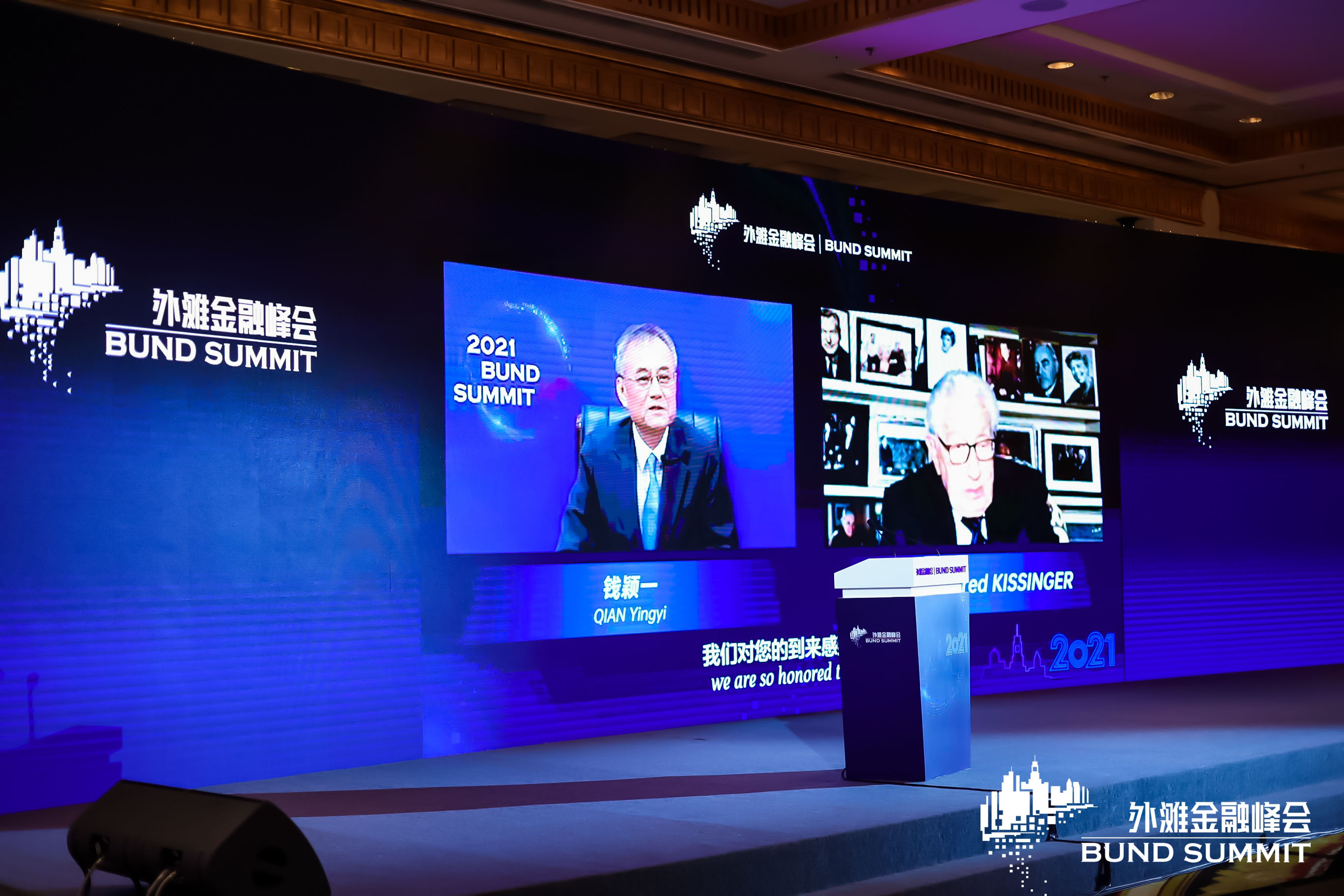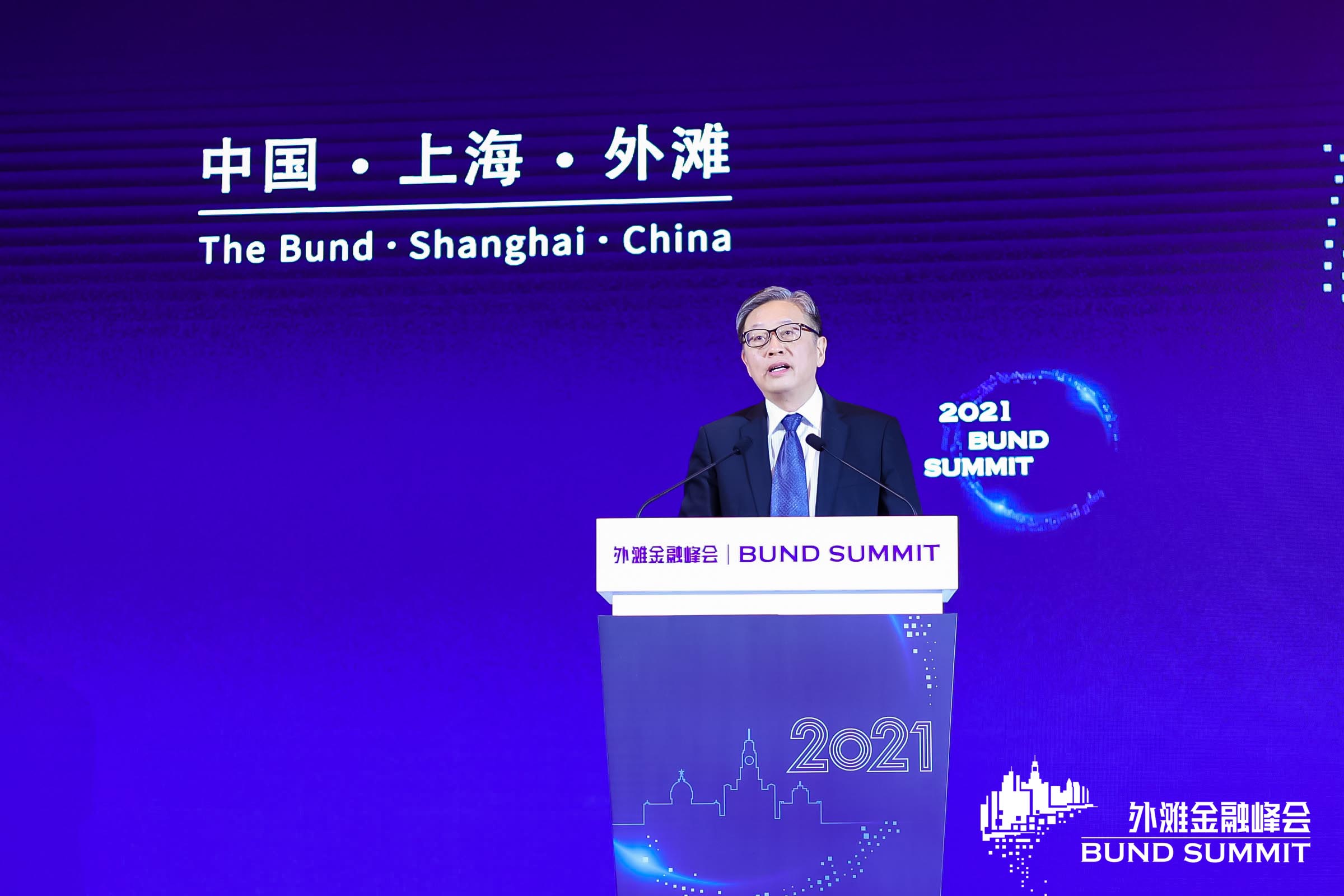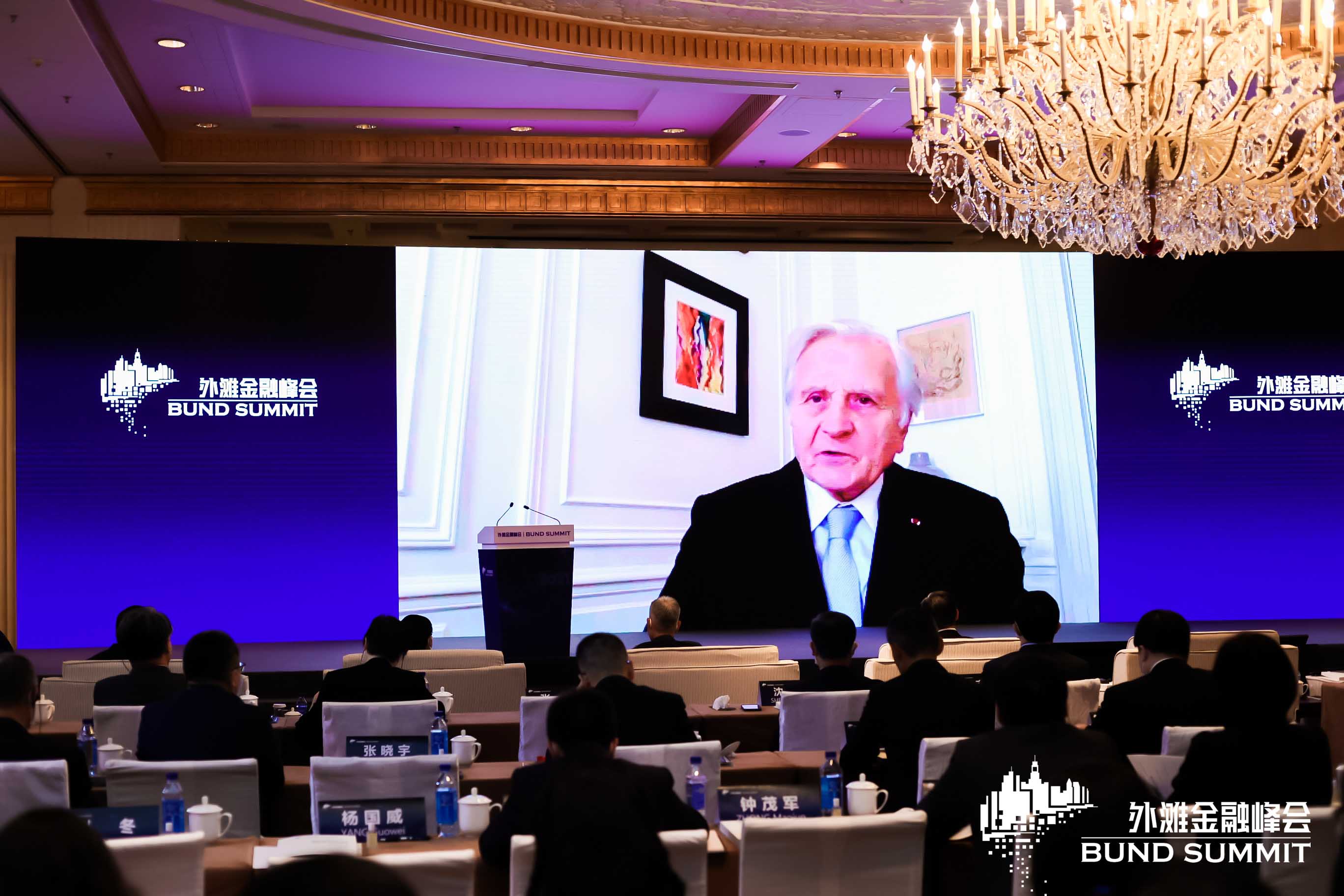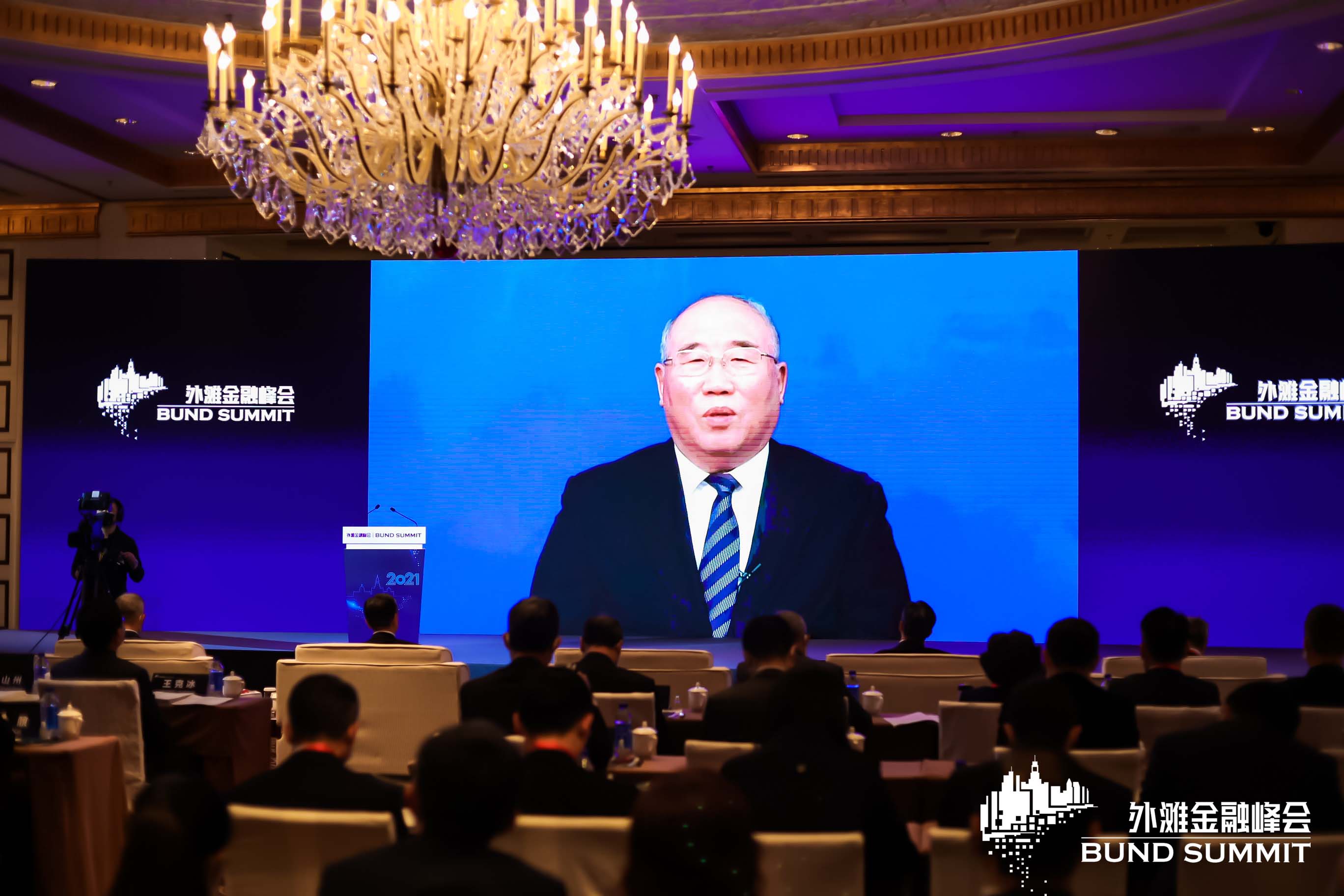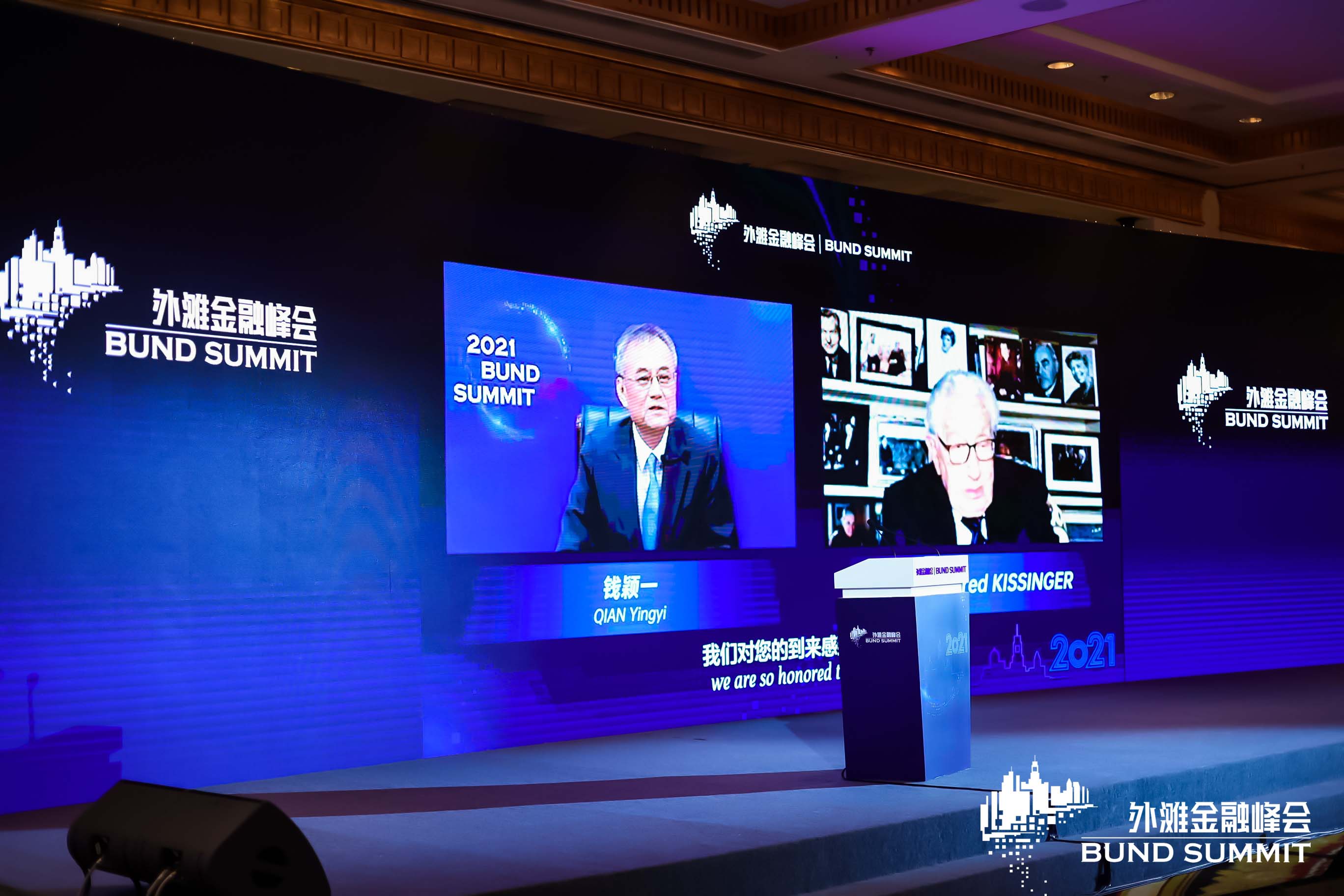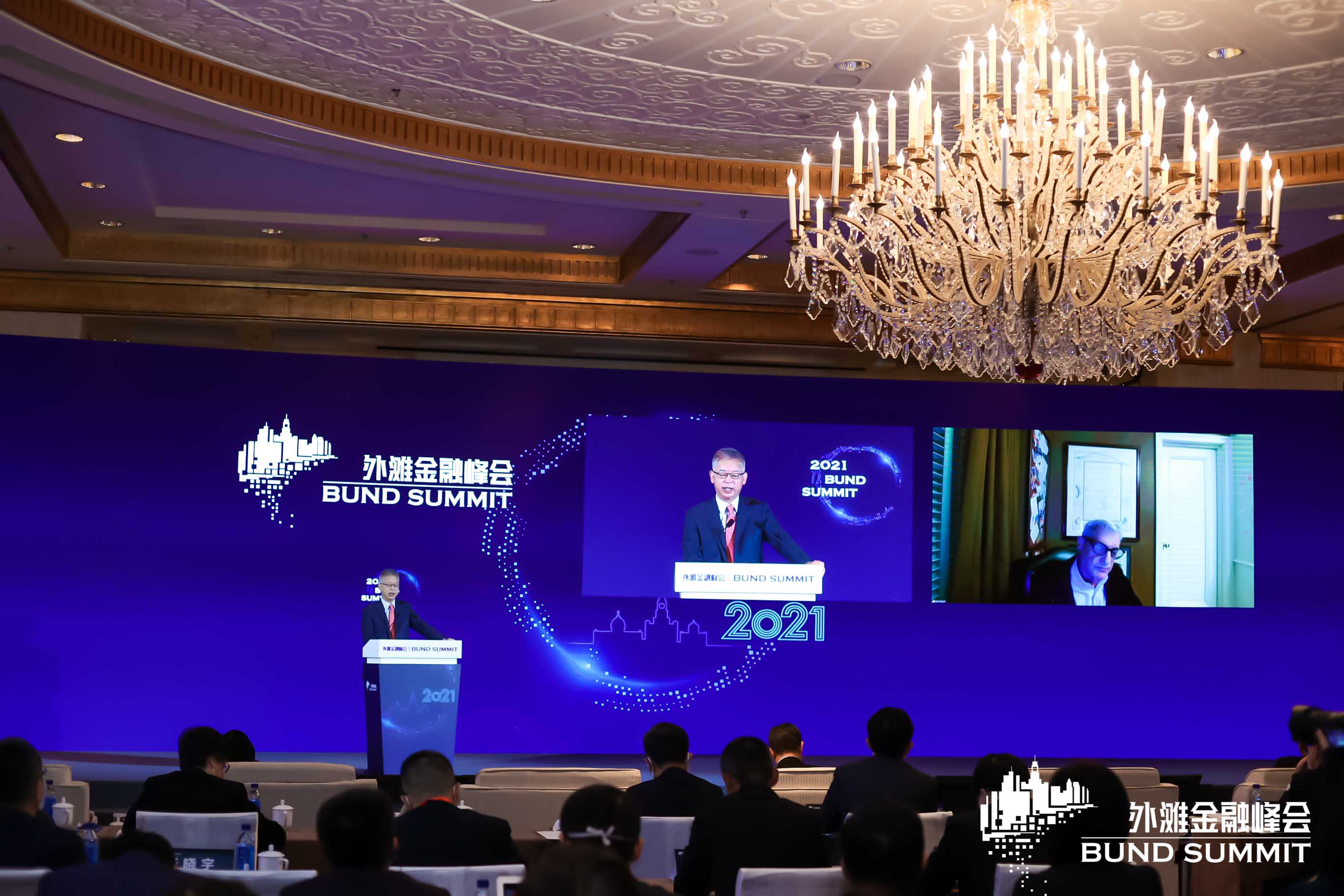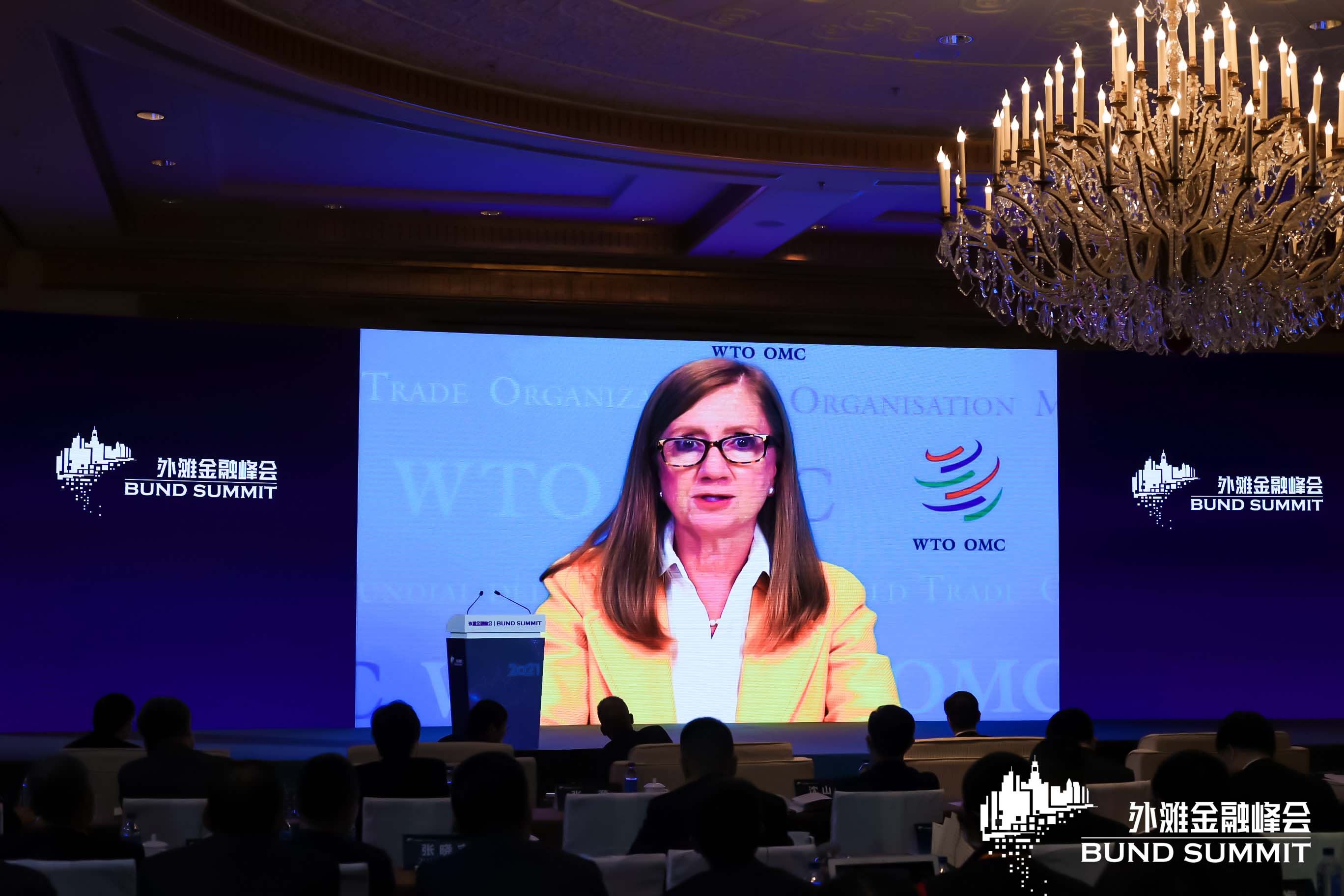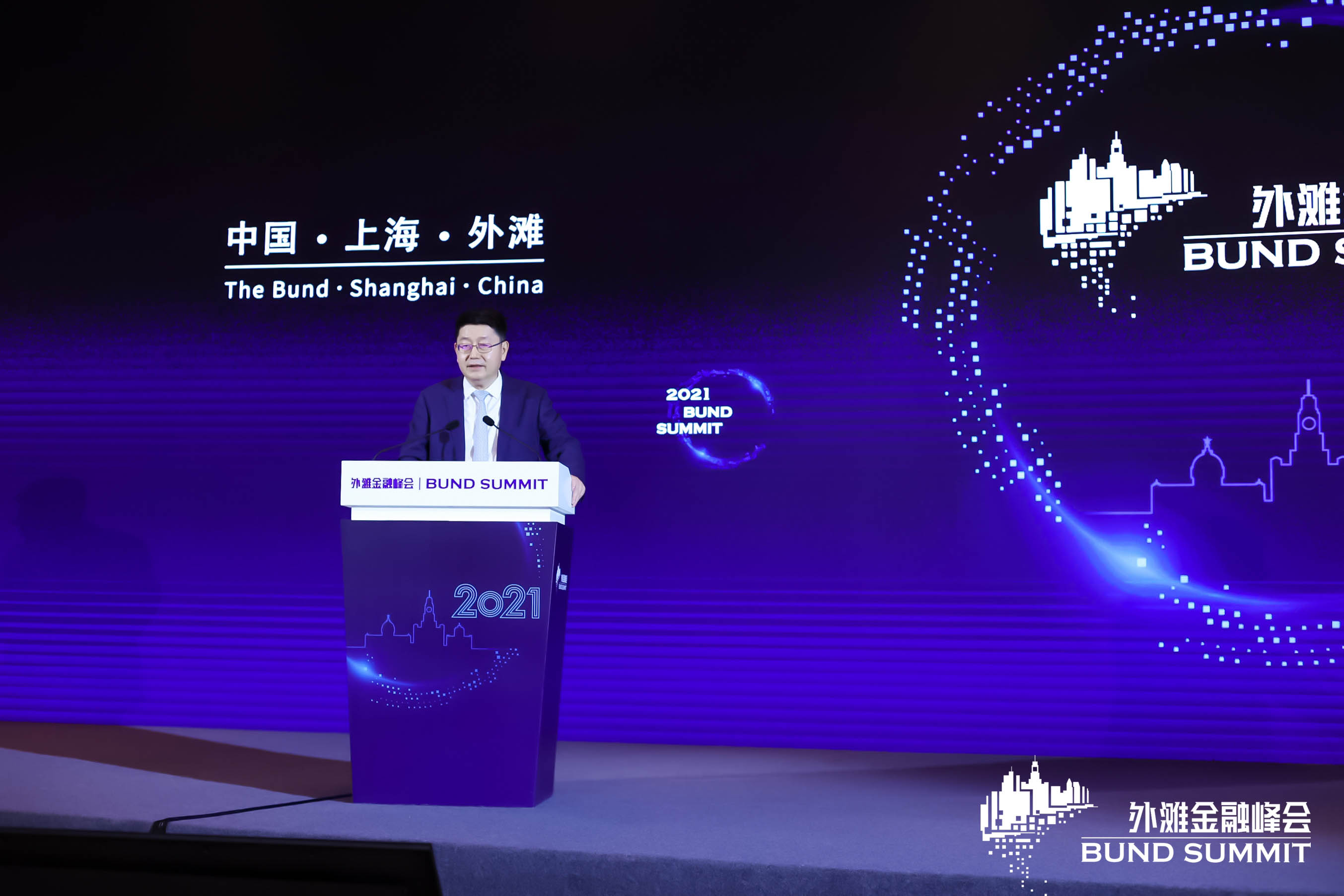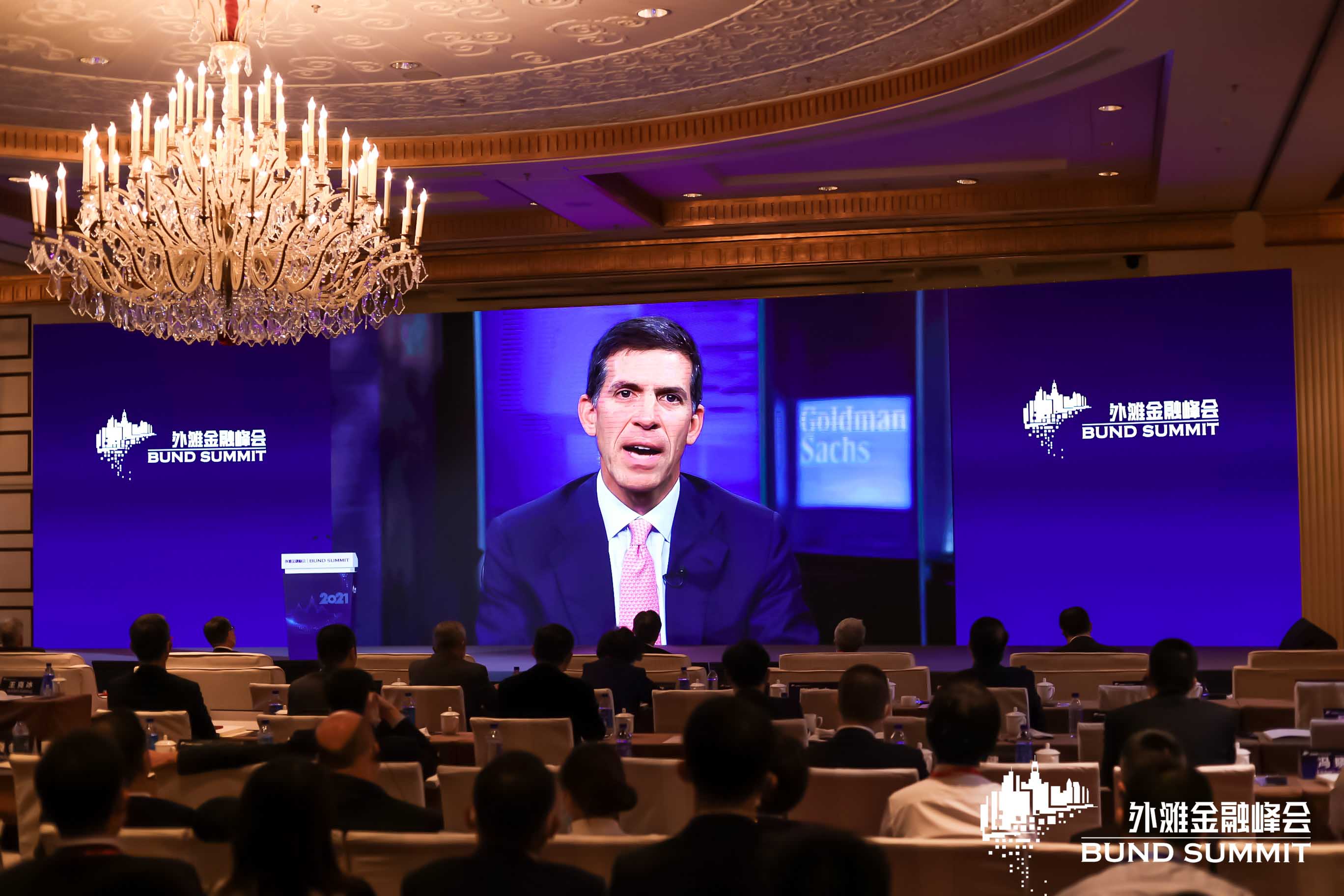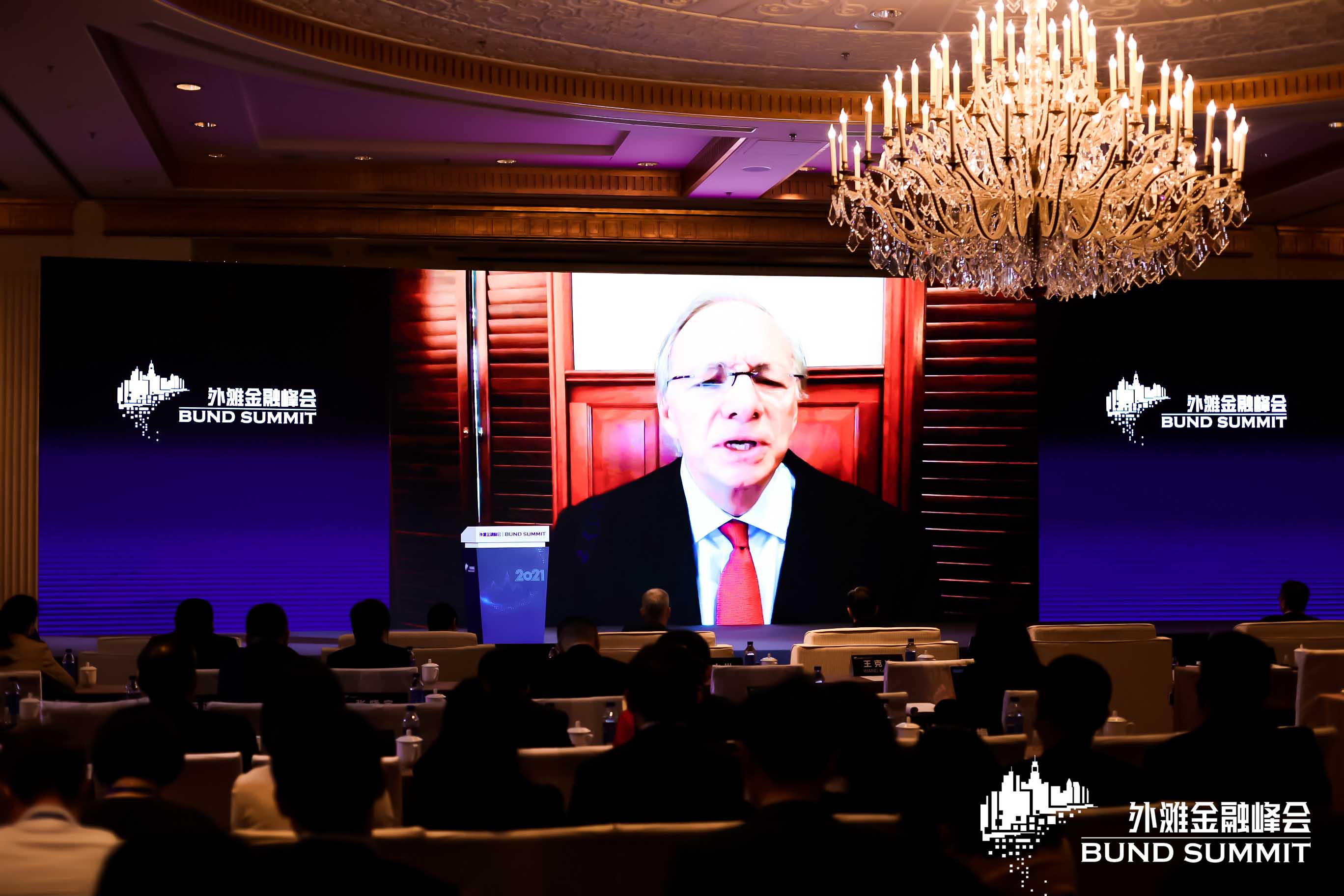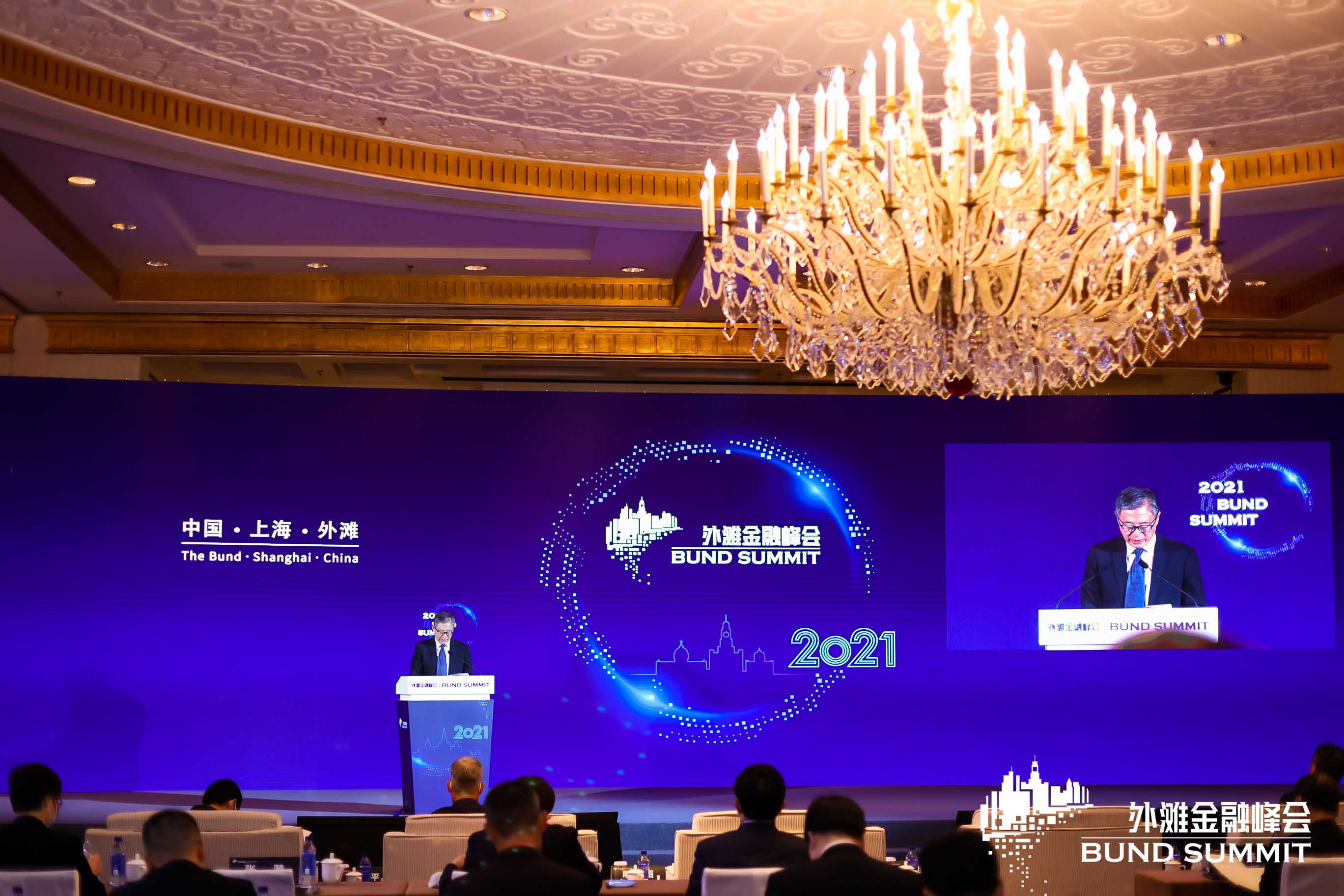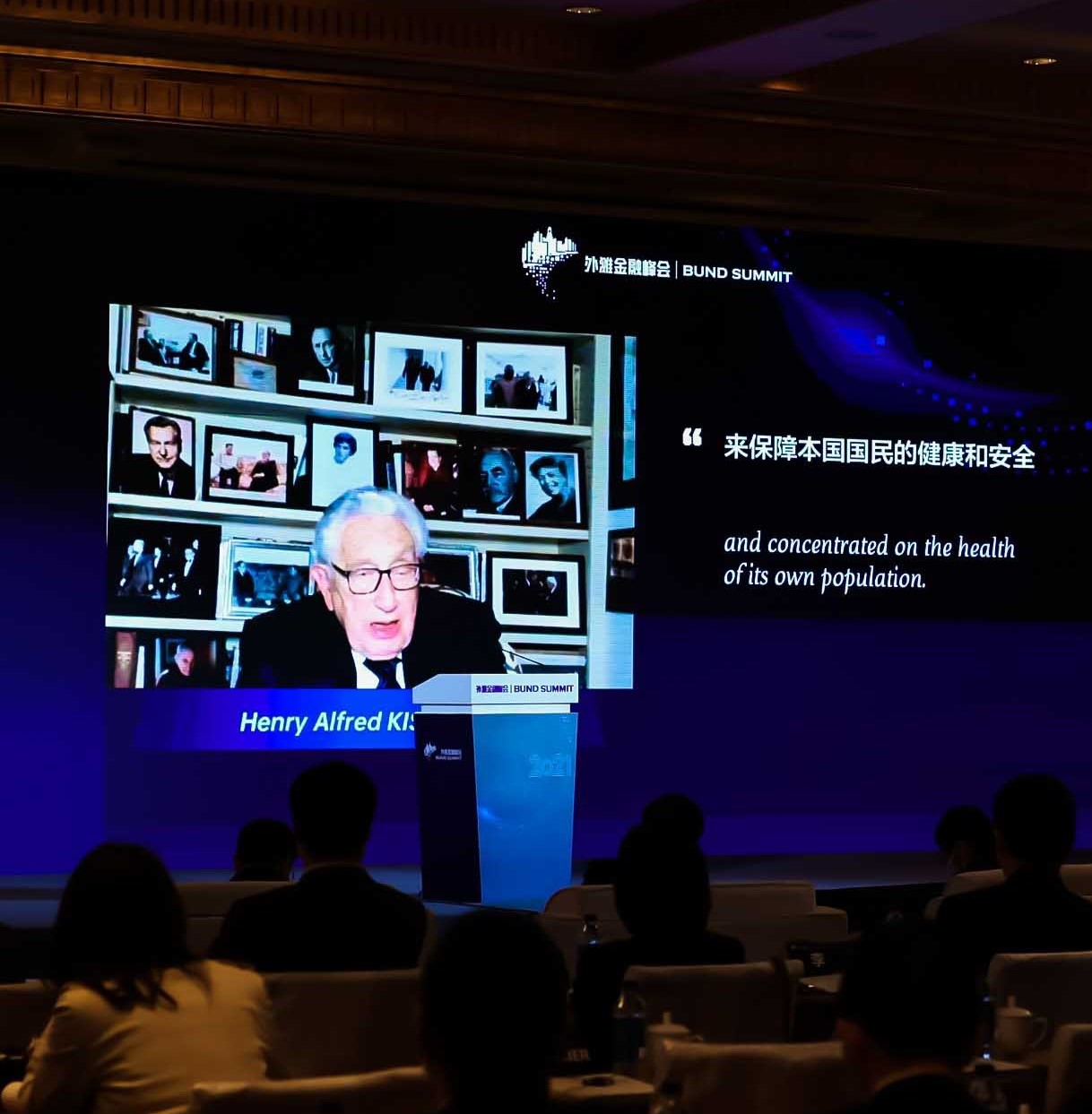

They should do so by identifying what the key problems are, in what way they are competitive, and if they are competitive, how these competitions could be conducted without risking confrontation.
The next phase will be that both of our countries seek to find universal expressions, the urges to participate on the basis of equality and non-interference and the promises that our world offers to defeat pandemics, to overcome natural catastrophes, to improve the climate, to work in cooperation with each other, to exchange our views honestly and without prejudice. These seem to be worthy objectives, worthy of your great civilization and our historic aspirations as Americans.

Henry Alfred KISSINGER
Former United States Secretary of State
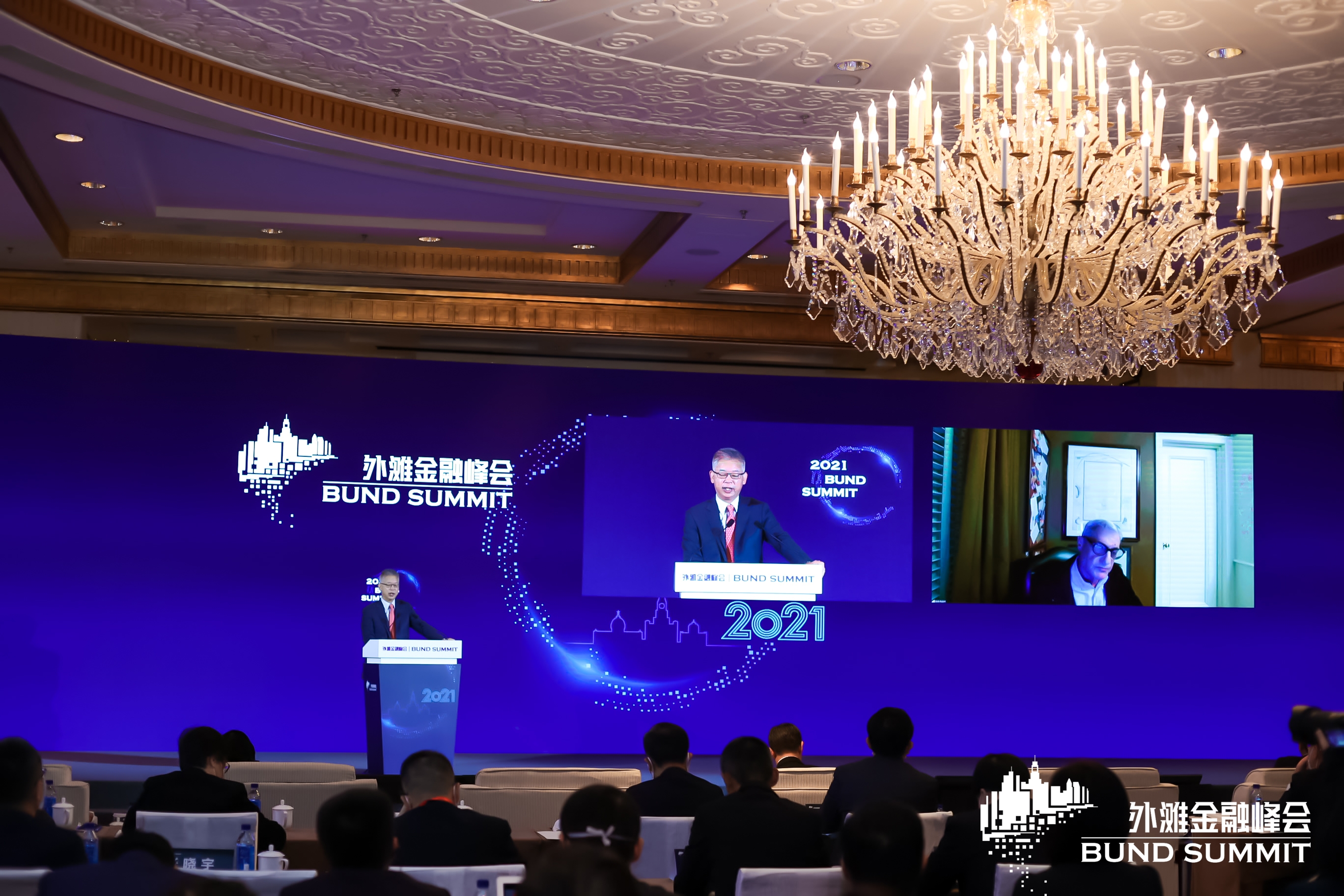

In much of the emerging market world, there's very little in the way of vaccination, and the virus is spreading. There's always a danger of mutations that will not be susceptible to the vaccines, and that is the biggest risk right now.
Both Build Back Better and the infrastructure legislation are very sound. We haven't invested in infrastructure for a long time, and Build Back Better is also an investment in human capital, the future of our workforce, and social safety nets.
Recognizing the difference and co-exist is very important. Anytime there's an interaction between our two countries with people who then also interact with our governments, that is a good thing.
We face these terrible problems. For the first time in human history, with nuclear weaponry and climate change, we have the ability to change life on Earth as we know it in terrible ways. And these are problems no country can deal with by themselves, they can only be dealt with if the global community works together.
And the best hope of the global community working together is for China and the United States, totally in their mutual self-interest, to develop a constructive relationship as the two largest economies in the world and then to bring the rest of the world along.

Robert RUBIN
Co-Chairman Emeritus, Council on Foreign Relations, The 70th Treasury Secretary of the United States
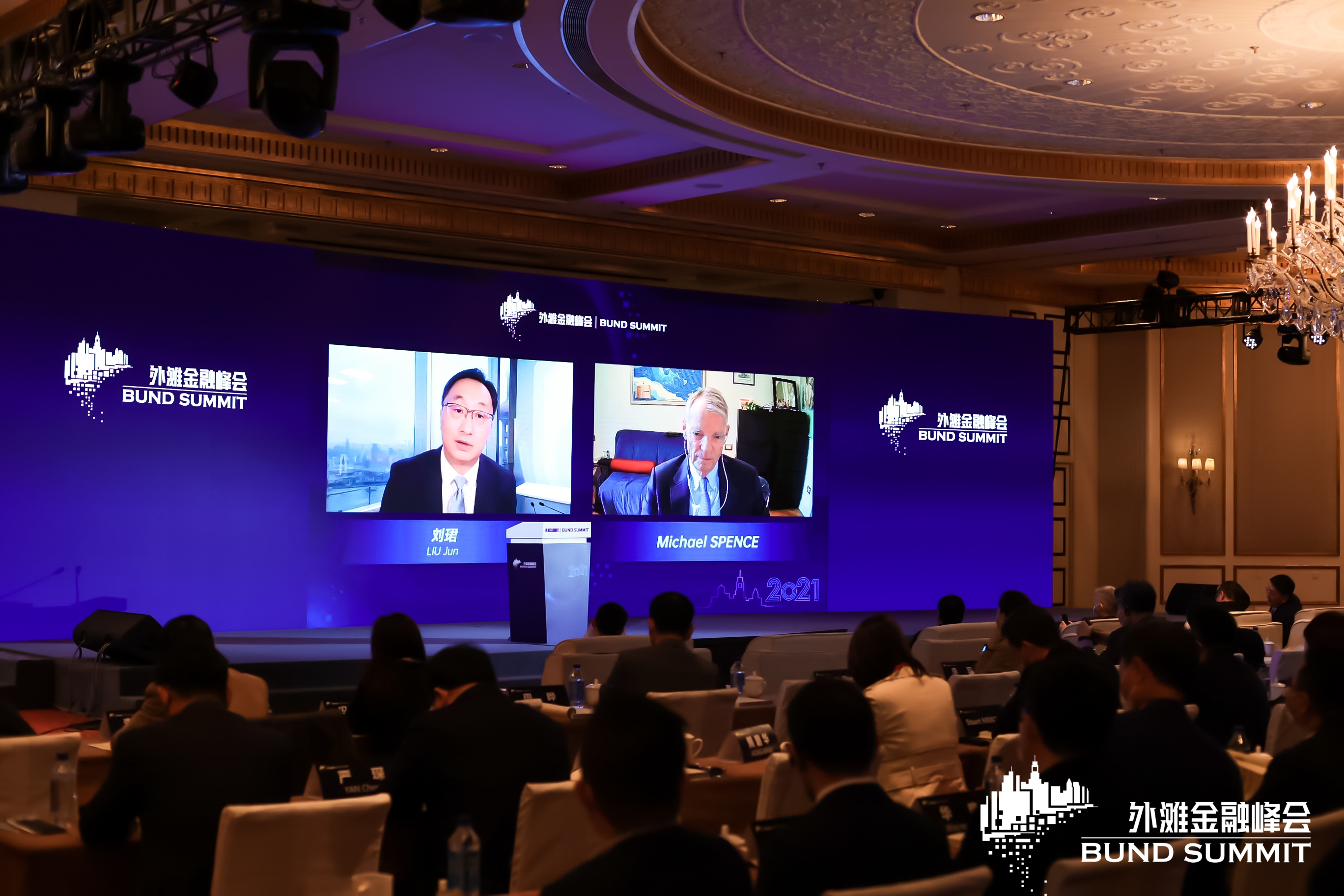

We are seeing a shift in focus of antitrust to what economists call dynamic efficiency.
What are responsible practices with respect to data? That means answering the questions of: Are there responsible practices with respect to securing the data? What are responsible data management practices? Do you need to disclose what's being done with the data? Are there regulatory restrictions about what can be done with the data?
Neither breaking platforms up or taxing data is a useful tool to regulate big tech companies. The direction I hope we're going is to expand the access to the data in a responsible, carefully thought-out way so that it’s not held by the platforms, so that our full range of current and future institutions, whether they be e-commerce or financial institutions, have access to the data in order to innovate in the services they provide.
We're trying to figure out a way to make data a public good and a resource for innovation and stability in the overall economy.

Michael SPENCE
Professor of Economics and Dean Emeritus, Stanford Business School, Senior Fellow, The Hoover Institution, Stanford


There are five main forces that are now interacting with each other. The first big force is interest rates hitting 0%; the second is the very large and growing wealth and values gaps; the third big force is the rise of one or more great powers to challenge the existing great power economically, technologically, and militarily, thus challenging the existing world order; the fourth is acts of nature, most importantly, pandemics, droughts and floods; and fifth, knowledge and technological advances.
The great challenge of mankind is whether it can use its incredible powers of inventiveness to manage these forces well to produce good outcomes, rather than destructive outcomes.

Ray DALIO
Founder, Co-Chief Investment Officer and Co-Chairman, Bridgewater Associates
Watch the highlights
